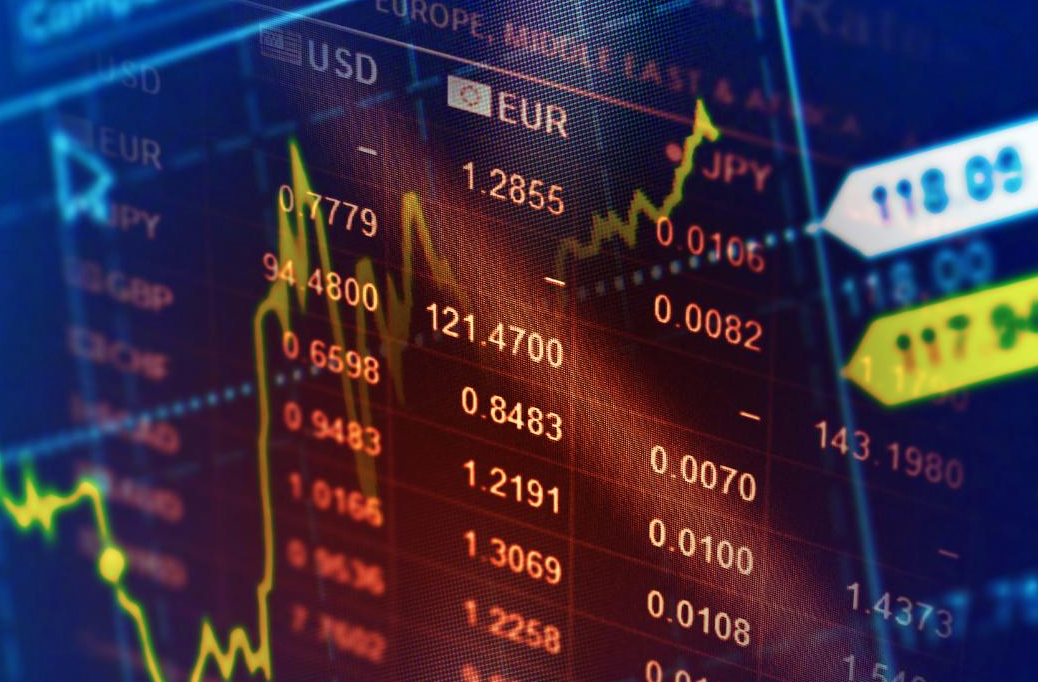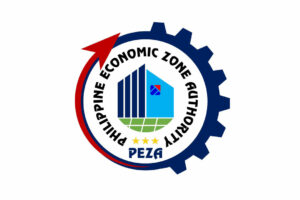A collective response to Russia’s war on global food security

The global food crisis is hitting the Philippines, and it is hitting hard. Supply chains are being affected and retail prices are skyrocketing whether you buy rice, vegetable oil, or fertilizers. The decision of President-elect Ferdinand Marcos, Jr. to assume the post of Agriculture Secretary is an extremely strong and welcome signal. Even before 2022, 64% of the population had already been chronically food insecure, according to the World Food Program.
The worsening situation is the direct consequence of Russia’s unprovoked invasion of Ukraine, and it is a deliberate strategy. Food security has been and is clearly being weaponized in order to obtain a leverage for the lifting of sanctions that were taken against Russia since the war started on February 24th. The lives of hundreds of millions of people are thus put into jeopardy as just another merely expendable kind of cannon fodder.
This is not the first time that food shortages are being created among civilian populations in order to obtain a strategic advantage. Three years ago in Syria, Russia helped in the burning of tens of thousands of acres of crops in areas held by its designated enemies, indiscriminately affecting men, women, and children. But this time, the world as a whole is the target, with the most vulnerable populations at risk, including Filipinos. Over 20 million tons of grains and oil seeds are currently being prevented from accessing the global markets due to the blockade of Ukrainian ports, causing a 90% reduction in Ukrainian export capacities. This volume could rise to 75 million tons by next October, according to the assessment made by President Zelensky. This is why two weeks ago, during a trip to Kyiv, President Macron reiterated his call on Russia to lift the blockade of Ukrainian ports. This simple decision could immediately ease tensions in world markets.
Let’s get a fact straight: food export restrictions in Ukraine are the sole consequence of the Russian blockade of Ukrainian export capacities. This was clearly stated by the Food and Agriculture Organization of the United Nations (FAO) on April 8: the Philippines, as a member of the Council of the FAO, voted along with France and other like-minded countries to condemn Russia. Contrary to the narrative that Russia is trying to promote, the ongoing food crisis is not related to the sanctions as they do not target food and agricultural products. They do not have an impact on global food security. Vessels flying a Russian flag are allowed by the European Union to export seeds, grains, or fertilizers. We must not buy into the pandemic of fake news.
In the face of these serious shortages, France has taken action with its European partners to provide support to the most vulnerable countries and populations. On March 24, under its Presidency of the Council of the EU, France introduced the FARM initiative — Food and Agriculture Resilience Mission — a global coalition which includes private stakeholders and institutional partners such as the International Fund for Agricultural Development, the G7, and the European Commission, to name a few. It is based on three pillars:
First, a trade pillar to ease tensions in the agricultural markets. It comprises an emergency plan to release stocks in the event of a crisis, to avoid shortages and contain price rises, or the transparent monitoring of obstacles to trade and agricultural products. Relevant commitments were endorsed at the WTO’s 12th Ministerial Conference on June 16.
Second, a solidarity pillar which anticipates the possible sustained decrease in exports from Ukraine, including a mechanism providing food supplies under market prices for the most fragile countries, ensuring a steady flow of emergency food aid.
And lastly, a pillar fostering production in the most-affected countries through increased investments in sustainable and resilient food production systems, reinforced integration to local and regional markets, and combatting food loss and waste.
Meanwhile, France and its European partners are actively seeking solutions to export the 20 million tons of grain currently blocked in Ukraine. Alternative land exporting routes are being discussed with stakeholders in the logistics and production sectors, particularly via Romania and the river Danube. Support is already building up to respond to the immediate needs of Ukrainian farmers, in order to mitigate the expected 28% output decrease during the next wheat harvest. France donated $2 million to an FAO project aimed at supporting the Ukrainian agricultural sector.
Last Sunday, we commemorated the 75th anniversary of the bilateral relationship between France and the Philippines, a moment of joyful celebration and shared desire to pursue new endeavors together. As a nation of the Indo-Pacific, France will continue supporting the Philippines in its efforts to strengthen its resilience in the area of food security, a top national priority. n
Michèle Boccoz is the ambassador of France to the Philippines and to Micronesia.




